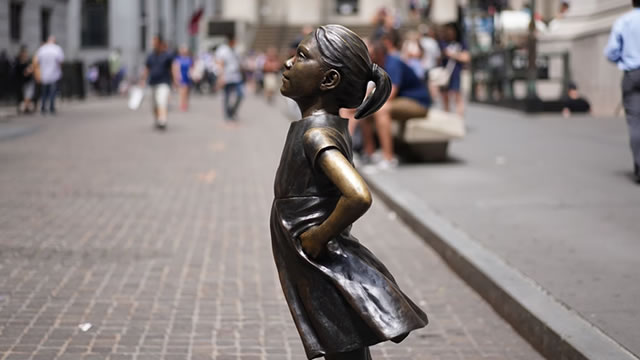Exposing Corruption: Why Uganda Needs More Than Social Media Shaming
A Symphony of Deceit
Three months ago, a dark truth emerged from Rubanda district. A high-ranking official, entrusted with public funds, allegedly orchestrated a symphony of deceit. Documents – supplier signatures, delivery notes, receipts – were meticulously manipulated to siphon off a staggering 21 million shillings. But the music didn’t stop there. A deeper audit revealed a hidden encore:…
The Power of Social Media
Social media has become a powerful tool in exposing corruption and holding officials accountable. Platforms like Twitter and Facebook allow citizens to share information quickly and reach a wide audience. In the case of the Rubanda district scandal, social media played a crucial role in bringing the issue to light and pressuring authorities to take action.
The Limitations of Social Media Shaming
While social media can be effective in exposing corruption, it also has its limitations. Shaming individuals online may create a short-term backlash, but it does not address the root causes of corruption or lead to systemic change. In Uganda, where corruption is deeply entrenched in government institutions, a more comprehensive approach is needed to combat this pervasive problem.
Building a Culture of Accountability
To truly tackle corruption in Uganda, we need more than just social media shaming. It is essential to build a culture of accountability that values transparency, honesty, and integrity. This requires strong institutions, effective anti-corruption laws, and active citizen participation. By holding officials accountable and demanding ethical governance, we can create a more just and equitable society for all Ugandans.
How Corruption Affects Me
As a citizen of Uganda, corruption has a direct impact on my daily life. When public funds are embezzled, essential services like healthcare, education, and infrastructure suffer. Corruption also undermines trust in government institutions and erodes the social fabric of our society. By exposing and fighting against corruption, we can work towards a brighter future for ourselves and future generations.
How Corruption Affects the World
Corruption is not just a local issue – it is a global problem that affects people all around the world. When funds are siphoned off through corrupt practices, it hinders development efforts and perpetuates inequality. Corruption also creates instability and undermines democratic governance. By combating corruption in Uganda and elsewhere, we can contribute to a more just and sustainable world for all.
Conclusion
In conclusion, while social media can be a powerful tool in exposing corruption, it is not enough on its own. To truly combat corruption in Uganda and create a more just society, we need to build a culture of accountability, strengthen institutions, and empower citizens to demand ethical governance. By working together towards these goals, we can create a better future for all Ugandans.





